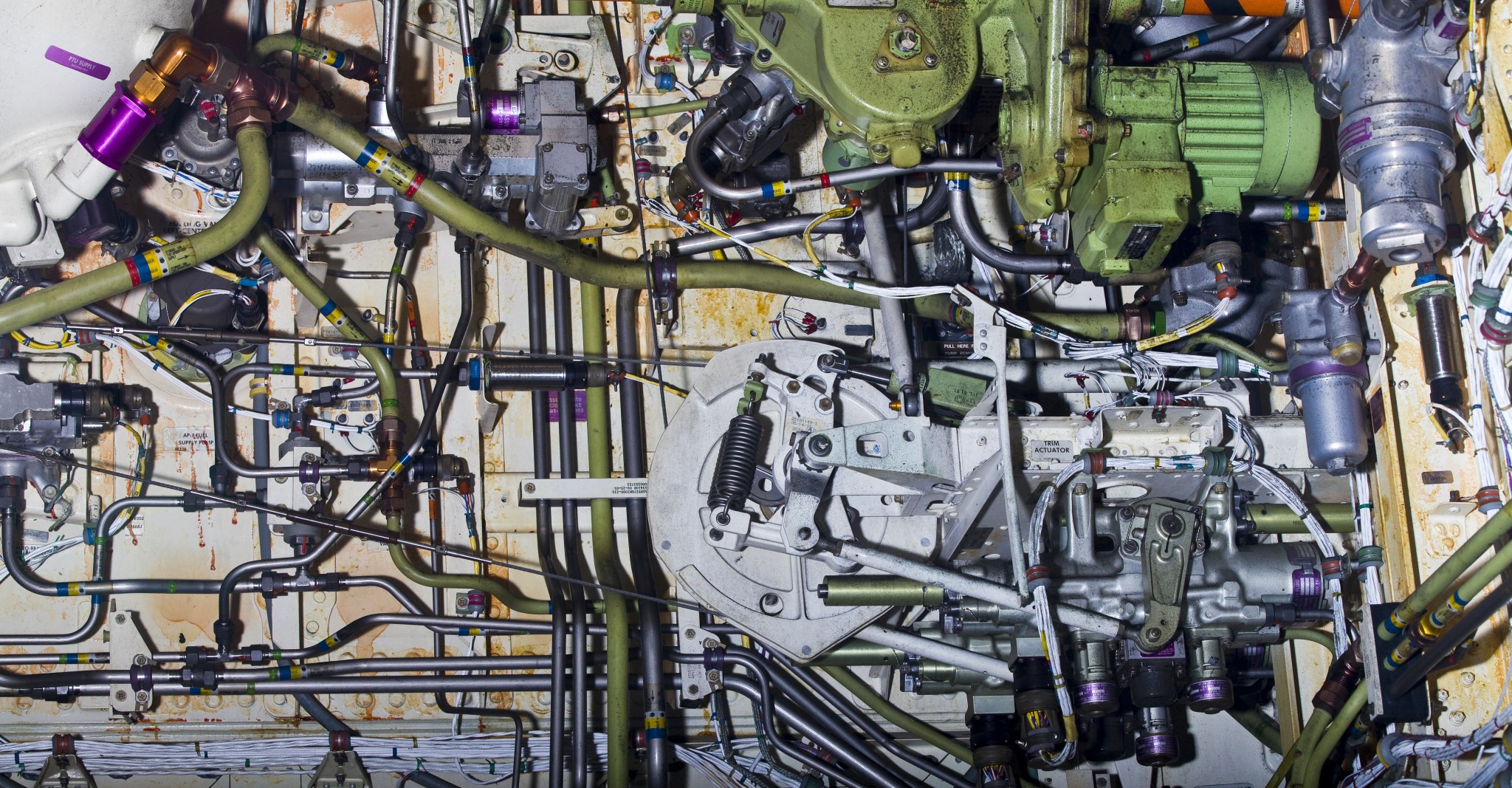Following extensive research and development, Morgan Advanced Materials has successfully produced two new materials which offer superior performance and higher casting yields when used in injection-moulded ceramic cores for the aerospace market.
Building on the success of its existing range of specially-engineered ceramic core products, the new materials, P-57 and P-59, can generate exceptionally fine cross-sections in aerofoil and turbine blade casting, while offering enhanced surface finish. Both materials are ideal for directionally solidified (DS) and single crystal (SX) applications and can produce cores with minimum profile thickness of 0.30mm (0.01 inches) without compromising stability or rigidity during the casting processes.
Test results have shown that the new materials have led to an increase in casting yields by as much as seven per cent when compared to alternative materials on the market. By improving casting yields, the loss of valuable alloy materials during production is minimised, allowing manufacturers to benefit from greater cost efficiencies in the process. The new materials have also improved the thermal stability at casting temperatures by more than 30%, when compared to the current SX material of choice.
P-57 is ideal for use in thin cross sections, while P-59 is well suited for use in exceptionally fine spaces so each is composed primarily of 97% silica and 3% zircon, with traces of iron, bismuth, lead, silver, antimony, tin and zinc.
Both materials can be chemically dissolved after casting, leaving behind the clean channels required in new generation turbine applications. Dimensionally very stable at high temperatures, they can also be crushed if required, such as during metal solidification – a key property when using alloys which are prone to re-crystallisation during the single crystal casting process.
Robert Park, General Manager of Morgan Advanced Materials’ Certech business, which is behind the innovation, explained: “As a business, our success is built on working closely with customers throughout each stage of the development and production process to deliver solutions which respond to their unique commercial challenges. In this case, the development of our proprietary advanced ceramic materials P-57 and P-59 offer us superior performance in a number of areas, allowing us to facilitate the casting of design features that have previously been very difficult to achieve. With P-57 and P-59, our customers can now create smoother and more intricate shapes than ever before.”

